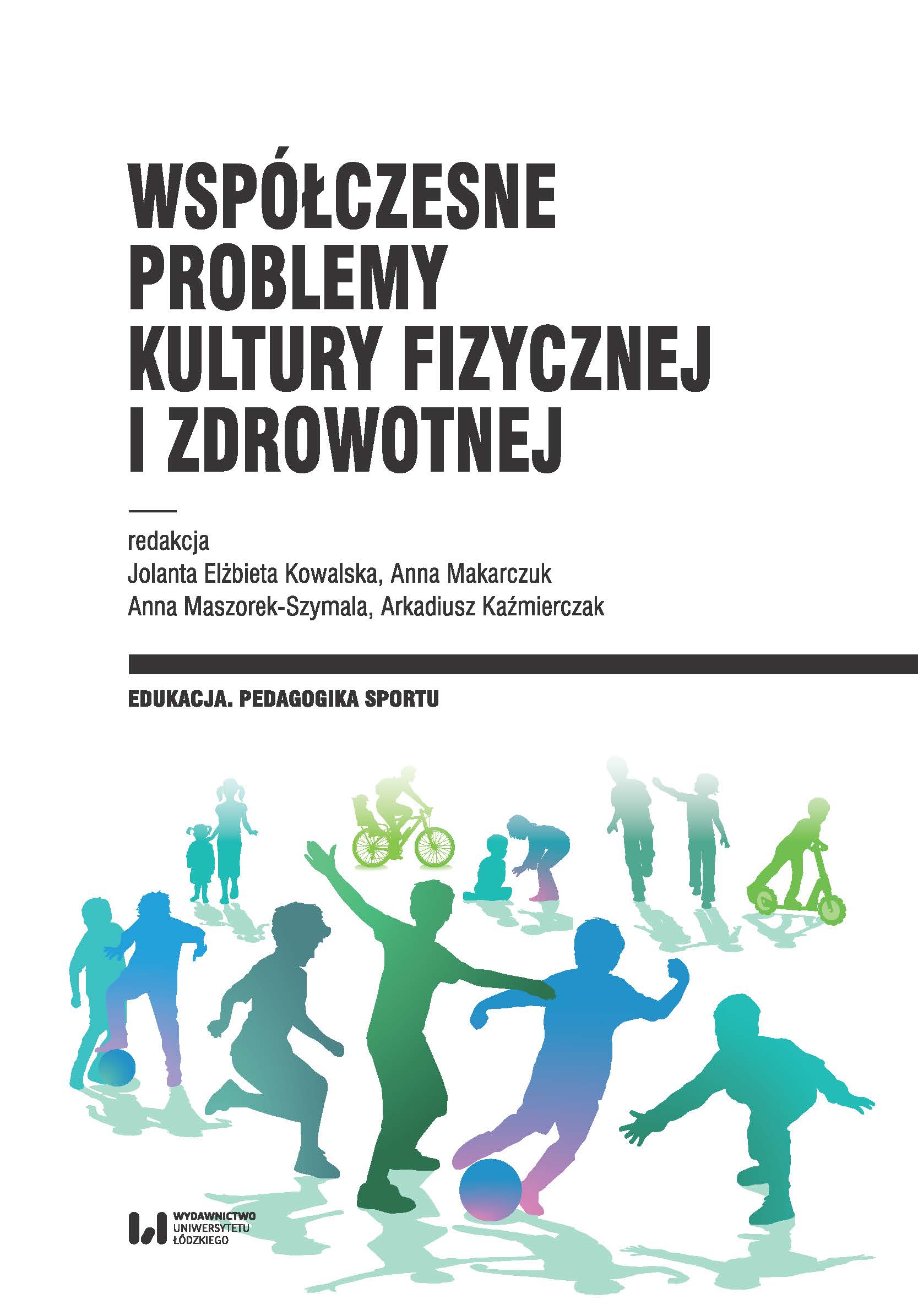Ocena jakości wsparcia instruktażowego zawodników przez sędziego podczas rywalizacji dzieci w rugby
Assessment of the quality of instructional support of players by the referee during children’s rugby competitions
Author(s): Wiesław Firek
Subject(s): Education, Pedagogy
Published by: Wydawnictwo Uniwersytetu Łódzkiego
Keywords: referee; rugby; pedagogical function; children sport; educational practice
Summary/Abstract: The instructional support of players shall be the responsibility of the referees as a part of their educational function in children and youth sports. Hence the main purpose of the research was to assess the quality of the rugby referees with players aged 6‒12 during sports competition in terms of instructing of players and decision communicating. The study was conducted among 23 rugby referees. The structured observation method was used. The observation was conducted using a wireless intercom that allows listening to verbal messages directed to the players. Furthermore, the referee’s work was recorded using a camera. The significance of differences between indicators was tested using the Chi-square goodness-of-fit test. The non-parametric Mann-Whitney U test for two independent samples was used to assess differences in ratings of the quality of referee-players’ interactions in groups distinguished by referee’s experience. Furthermore, Wilcoxon’s signed-rank test was employed to assess the quality of the interactions between the two dependent variables studied (instructing and decision communicating). The observations showed that the average rating of instructing and decision communicating, measured on a seven-point scale, was ‘average’ in both dimensions (4,13 pts. and 5,04 pts. respectively). These are areas in which referees can improve. Results lead to the following conclusions: 1. The contents of rugby referees’ training course training should include problems children’s developmental needs; 2. The content of the ability to communicate deci¬sions appropriately should be included in training programs, as they are not without significance for the educational experience of young athletes; 3. Observers and evaluators of the work of judges of relevant sports associations should draw the attention of judges to the obligation to respond to the cognitive needs of children and young people related to the ignorance of the rules of the game or problems with their interpretation.
Book: Współczesne problemy kultury fizycznej i zdrowotnej
- Page Range: 95-109
- Page Count: 15
- Publication Year: 2022
- Language: Polish
- Content File-PDF

